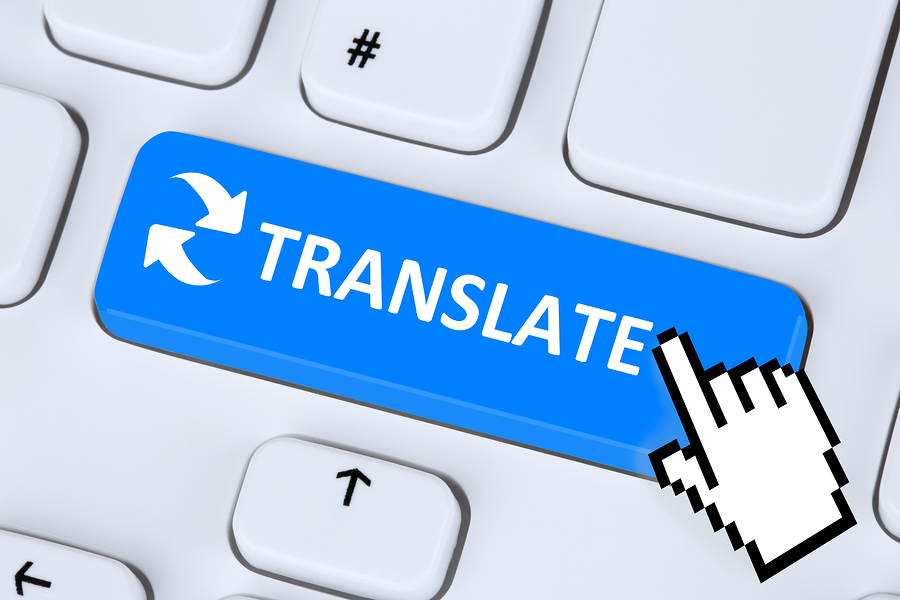Medical translator profession – Translation crosses the language barrier and thus ensures faithful transmission of a message by reproducing its style and meaning. Films, books, contracts and manuals are translated, but so are more specialized texts. Karine Quessy is a medical translator. She opens the doors for us to this complex but exciting profession!
What does your work consist of?
I translate, from English to French, all types of medical documents. The texts I translate often relate to new products sold on the market (medicines, for example).
I currently work for myself, but I have worked as a translator for various companies. There are obvious benefits to both types of employment. For example, freelance work is more precarious than a salaried position. The pressure for performance is much lower, however, and the pay is a bit higher.
Why do you specialize in medical translation?
When I completed high school, I considered the sciences. However, I had a strong interest in writing and instead turned to literature. I finished my first bachelor’s degree in literature, then a second in translation. As part of this second bachelor’s degree I completed an internship in a company in the pharmaceutical industry. So it’s rather natural that I have specialized in medical translation.
What skills are sought for a medical translator?
A medical translator must show diligence and consistency in her texts. She must also write well, so that the translated document reads smoothly. This aspect of the profession is all the more important in the medical field because the sentences are generally complex. Once translated, the text must be readable and comprehensible, as well as being suited to the target readership, whether doctors, pharmaceutical representatives or patients.
In addition, science and medicine are specialized fields. For this reason, a medical translator must be able to perform enough research to understand the nature of the source texts, which are often highly technical. It goes without saying that the finished product must be faithful to the original.
Although a university degree is not mandatory to become a translator, it is increasingly required by companies and clients who call upon these language experts. The same applies for the translator to become a member of a professional order. In fact, for many people a translator’s training and membership in a recognized association are a measure of quality and professionalism.
Some provincial professional associations that oversee translators:
- Society of Translators and Interpreters of British Columbia
- Association of Translators and Interpreters of Alberta
- Association of Translators and Interpreters of Saskatchewan
- Manitoba Association of Translators, Terminologists and Interpreters
- Corporation of Translators, Translators, Terminologists and Interpreters of New Brunswick
- Association of Translators of Nova Scotia
- Association of Translators and Interpreters of Ontario
- Ordre des traducteurs, terminologues et interprètes agréés du Québec
